Plastic is both an incredibly useful and an incredibly harmful material. Plastic is found everywhere – in the guts of up to 9 out of 10 seabirds, at the bottom of the ocean’s deepest trench, and even in our own blood. While plastic can at times be necessary, around four tenths of it is used only once and then thrown away. Some of that plastic never makes its way to landfills, instead entering our water and the food chain, harming both people and wildlife. Many US cities and states have enacted limited bans on single-use plastic (including California, Oregon, New York, and others). Globally, other countries are being much more ambitious. In January, the UK joined the European Union, Canada, China, and others in adopting a more widespread ban on many kinds of plastic. Last year, our hometown of Philadelphia put in place a ban on plastic bags–an important step in the right direction–but we could go a lot farther in limiting single-use plastic. Philadelphia should ban not just checkout bags, but other sources of single-use plastic, such as cutlery and straws, as well as encourage reductions in plastic packaging.
Being exceptionally pervasive and also taking anywhere from hundreds to thousands of years to decompose, the harmful effects of plastic are magnified.
Look at our ocean where every minute, a truckload of plastic is dumped into the waters. Over half of all sea turtles have ingested plastic; this plastic in their stomachs mimics the feeling of being full, so they neglect other food and eventually starve. This isn’t just about turtles: marine plastic pollution also impacts lots of other animals. Microplastics accumulate in the food chain, so when we eat tuna, for example, we may also be ingesting plastic. Hazardous chemicals in plastics (such as BPAs and even BPA substitutes) can disrupt our endocrine hormones and lead to obesity, diabetes, and other illnesses.
And this isn’t just an ocean problem: microplastics are ingested by soil fauna, putting important processes such as the decomposition of organic material at risk.
Many people think that most plastic is recyclable. Unfortunately, that’s not true. This misconception was propagated by oil companies to dampen public concerns as plastic was becoming ubiquitous. The reality is that only 5% of plastic waste in the U.S. was recycled in 2021.
What do we do?
To reduce the negative effects of plastic, some U.S. cities and states have enacted limited bans on it. In 2022, California adopted the most sweeping plastic restrictions, including that producers of plastic have to reduce the amount of plastic material in their packaging by a quarter. This is a great step forward, yet it seems very hard to enforce. Other states, such as New York and Oregon, have enacted simpler and more minimal bans on plastic bags.
Globally, other countries are being much more ambitious. The European Union banned plastic straws, plates, cutlery, some polystyrene products, and balloon sticks, in July of 2021. It also mandated that 90% of plastic bottles be recycled by 2029. The E.U. is trying to keep up enforcement and will be taking legal action against several member countries for not complying to the plastic regulations. Last month, the U.K. joined in prohibiting many of the same items banned by the E.U. Canada recently banned plastic cutlery, checkout bags, and straws, among other items. China enacted strict laws on plastic, banning single-use plastic bags in major cities as well as plastic straws in restaurants. Countries are racing towards finding the most effective way to rid themselves of plastic waste.
To effectively tackle the growing problem of plastic waste, plastic bans must have four key elements: a wide variety of prohibited products (bags, straws, plates, cutlery, etc.), green alternatives for the banned items (reusable bags, compostable straws, reusable take-out containers, etc.), not-too-lenient penalties, and effective enforcement. We have seen many countries including India, Bangladesh, Kenya, and others enact bans and then not enforce them, which has little impact.
Philadelphia now has in effect a ban on plastic bags. “Businesses that continue using plastic bags may be fined, with a minimum penalty of $150. Repeat offenders may be taken to court by the city,” says Maria Pulcinella in a WHYY article covering the ban. This is a step in the right direction. Plastic bags are easy to ban and the law is simple to enforce. But why stop at plastic checkout bags?
Our city could be one of the first in the U.S. to enact a stricter plastic ban that encompasses a wide variety of products. Banning or having a fee on single-use plastic plates, cups, cutlery, takeout containers, and more would push companies to switch to green alternatives. Policymakers would decide what fee or penalty would be most effective.
There are many sustainable alternatives to plastic, such as paper, reusable items, compostable plastic made from corn instead of oil, or even mushroom or seaweed based packaging. Many of these alternatives are not in widespread use, and, though we have the means to expand the biodegradable plastics industry, synthetic, oil-based plastics make up almost all plastics. But Philadelphia could help turn that around. In addition to a ban, the city could offer financial incentives for companies to reduce plastic packaging, such as subsidizing biodegradable packaging and bulk purchase of food and other items that are then sold in reusable containers.
Many businesses around Philadelphia are already adapting. The Indian restaurant Tiffin now offers reusable containers for their take-out dishes that can be returned and reused. The Weaver’s Way co-op in Mt. Airy has devoted most of its upstairs section to bulk ingredients. The Rounds is committed to delivering trash-free ingredients and supplies to people around the city, such as snacks, bulk food, toilet paper, hand soap, and more. With effective implementation of such a ban, other companies will follow in their footsteps. It will be hard, but if we try, we may finally be able to bid farewell to the monster of single-use plastic.

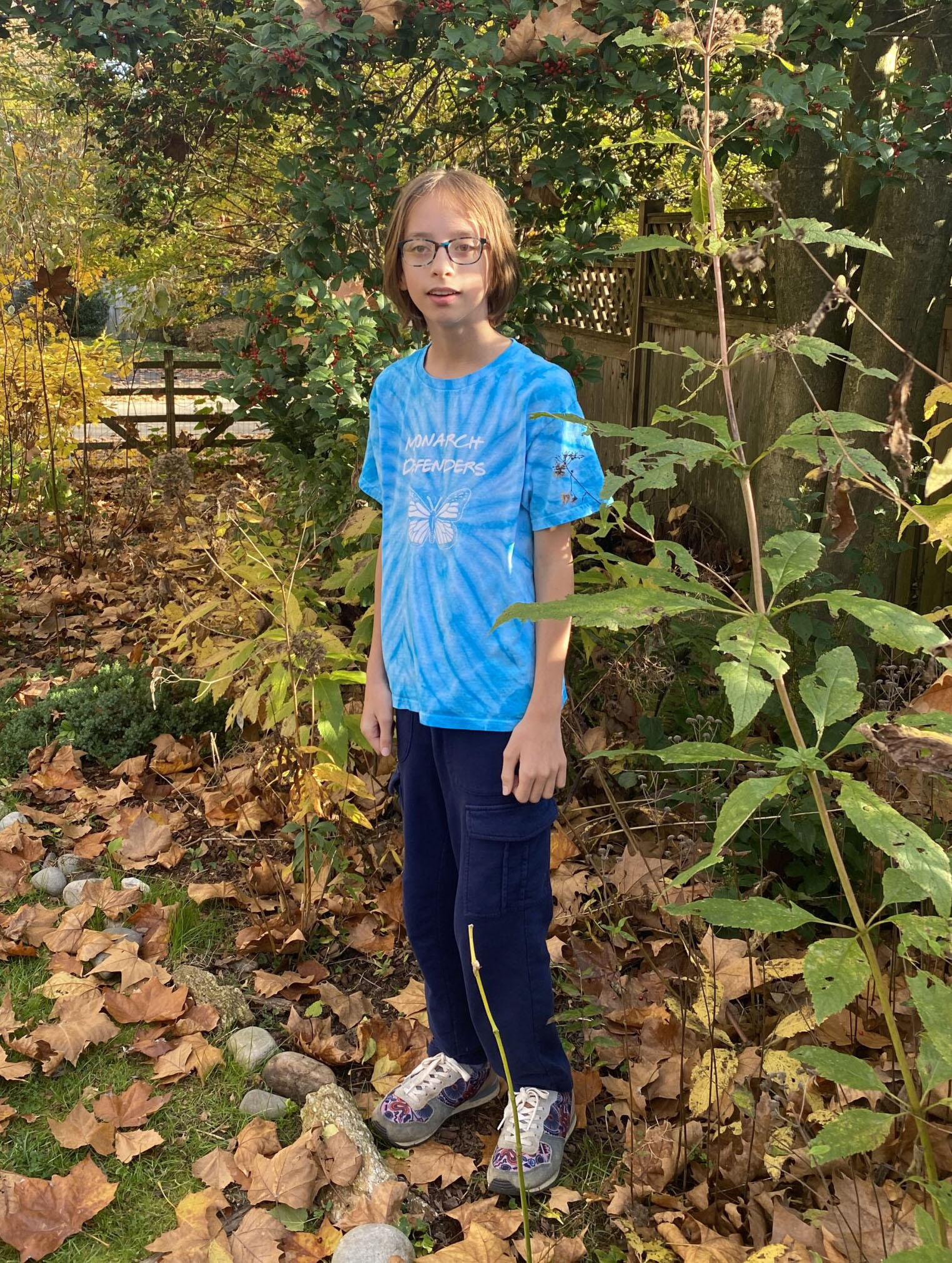

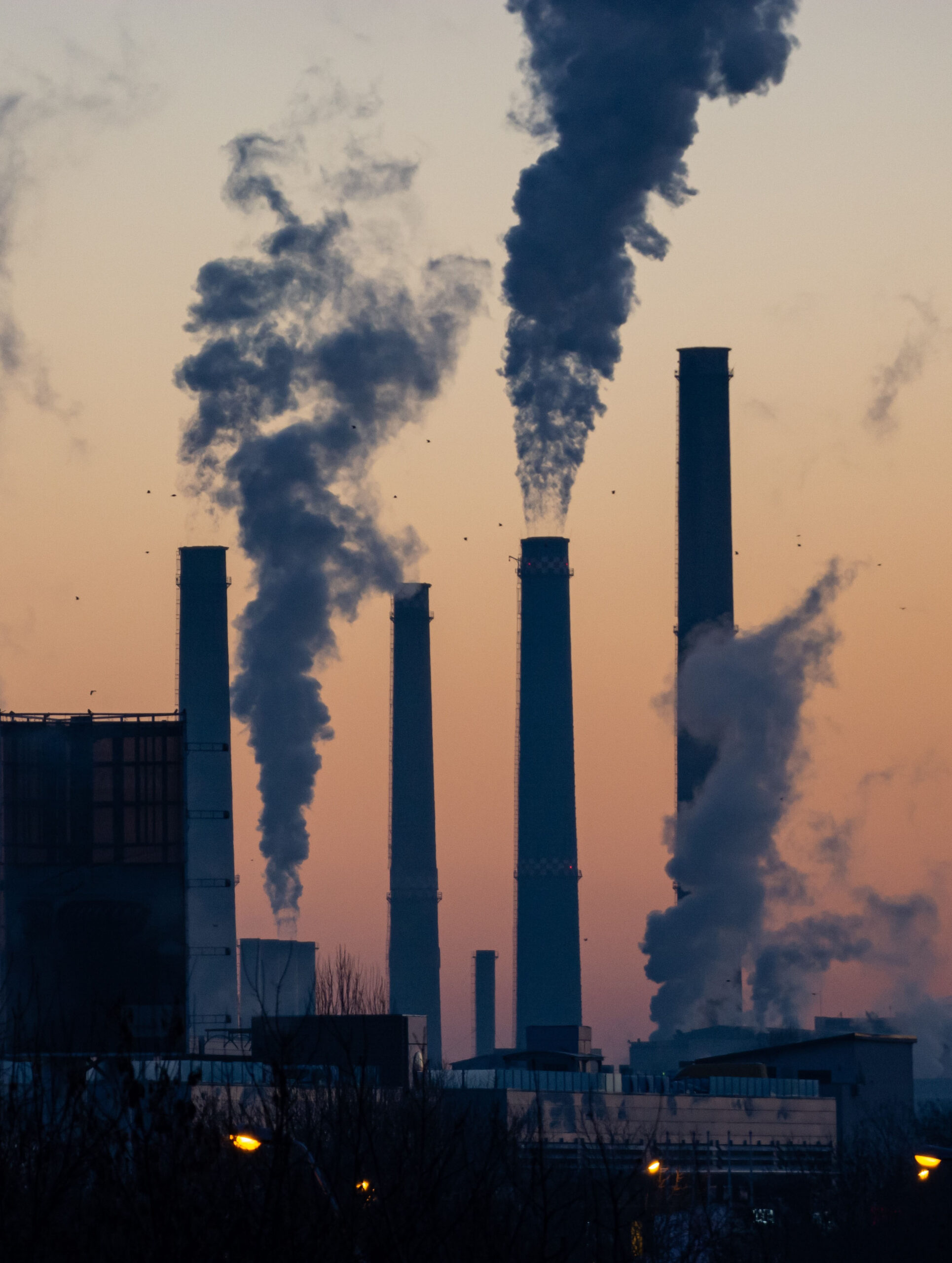
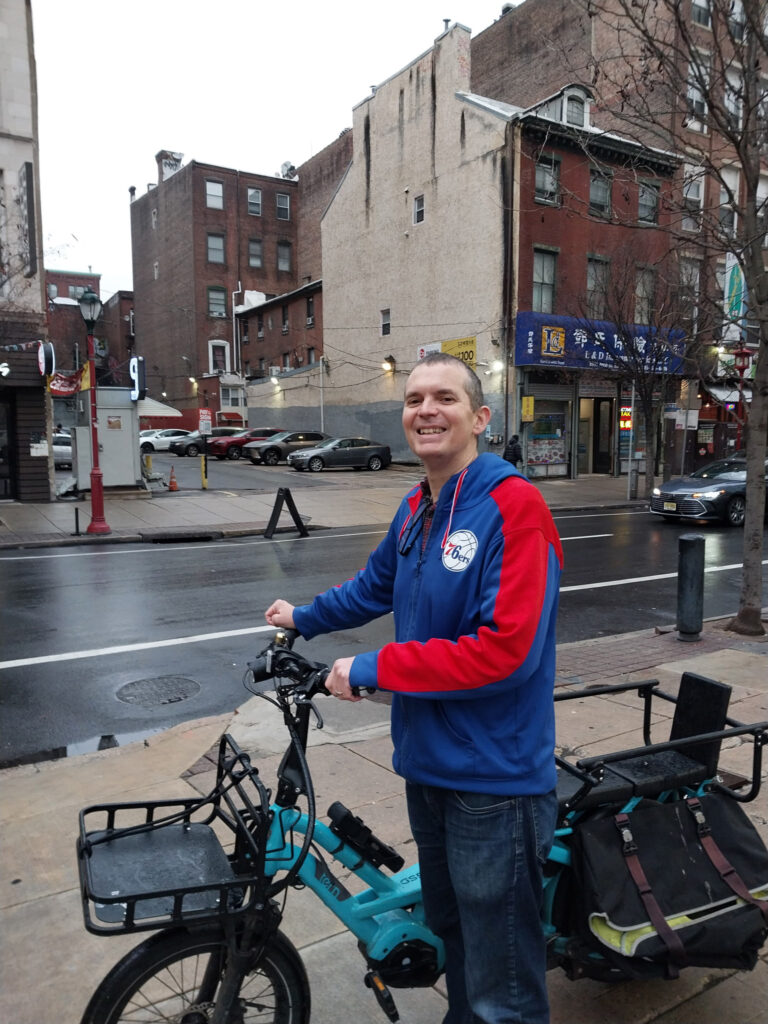
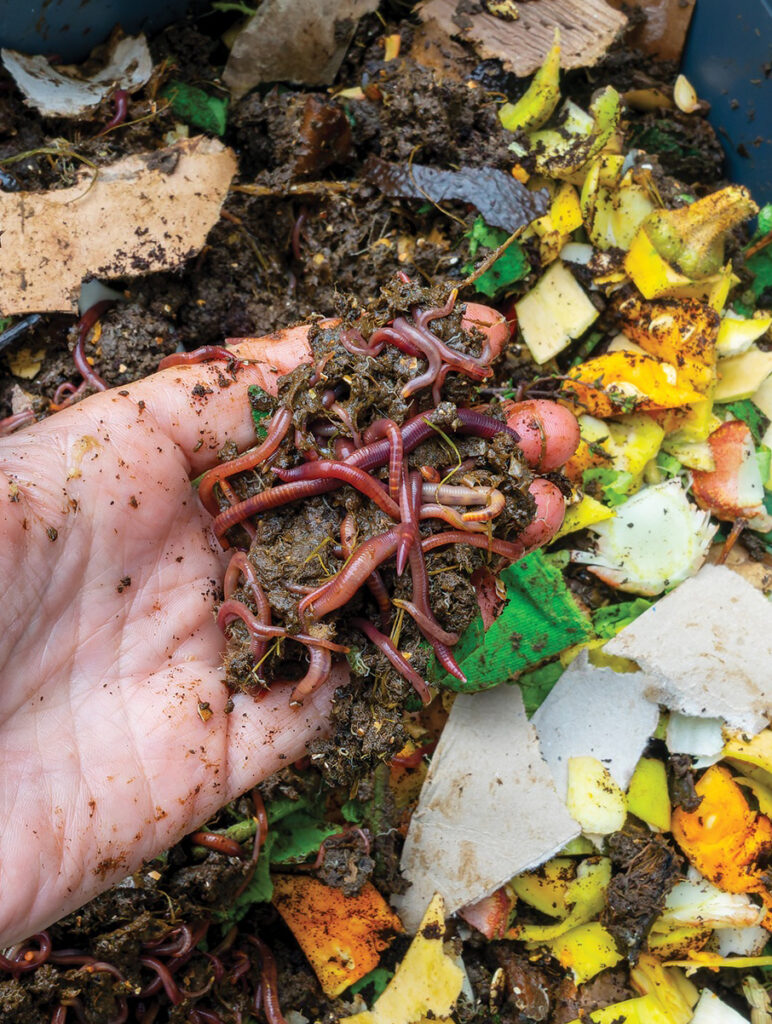
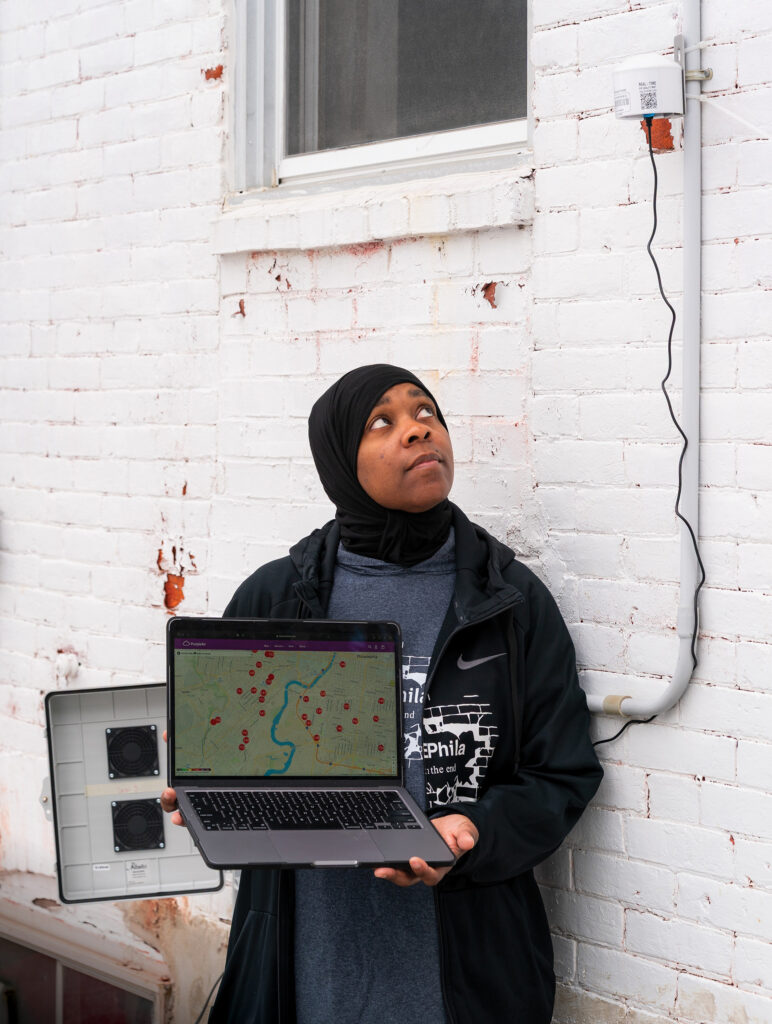
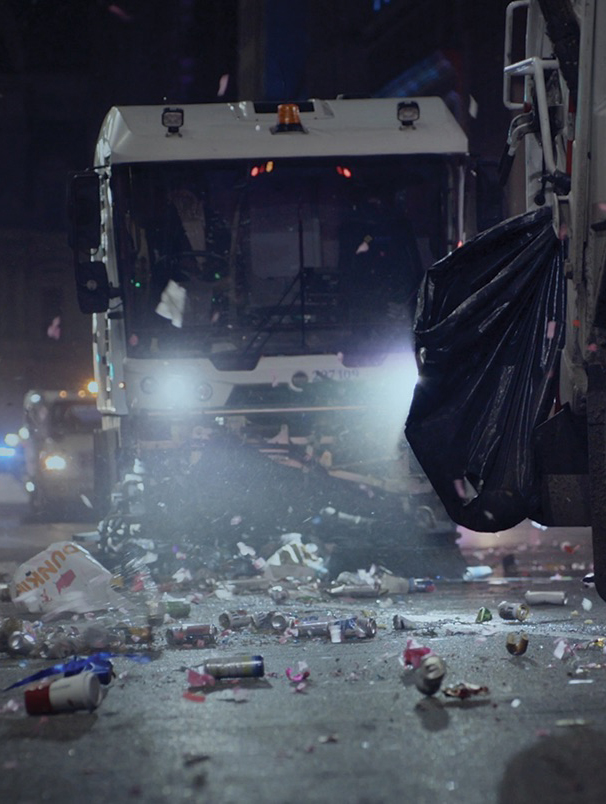
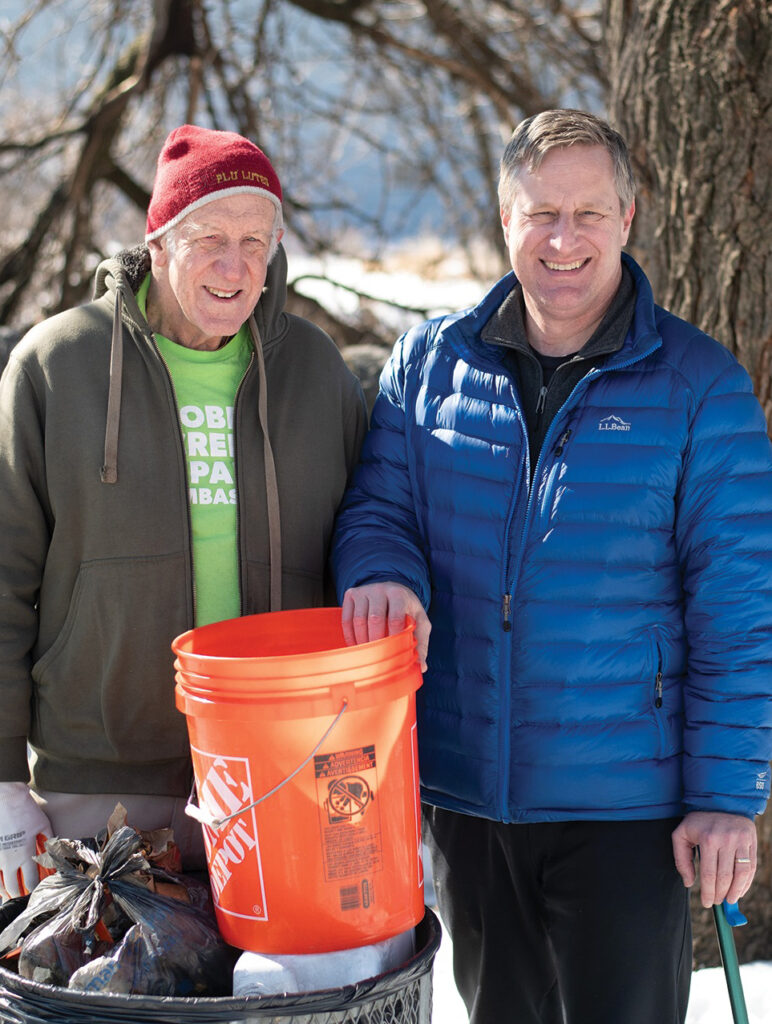
Excellent commentary. Thank you.
Wonderful well-researched piece on a pressing issue. Thanks Noah!
Amazing ideas- way to go.
Excellent article and well presented arguments! Thanks Noah.
I feel the momentum in Philadelphia. Oil based plastic is part of carbon pollution. I found the plastic induced sea turtle starvation a compelling issue.